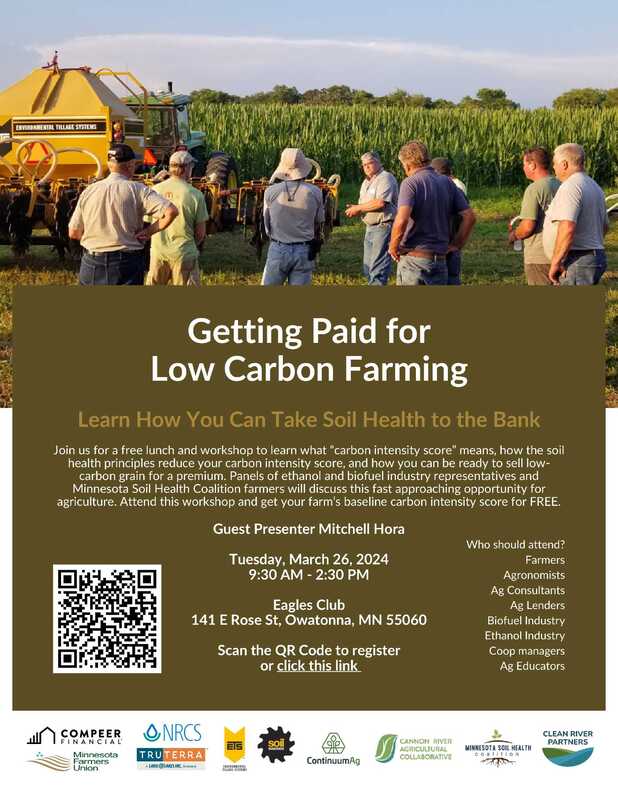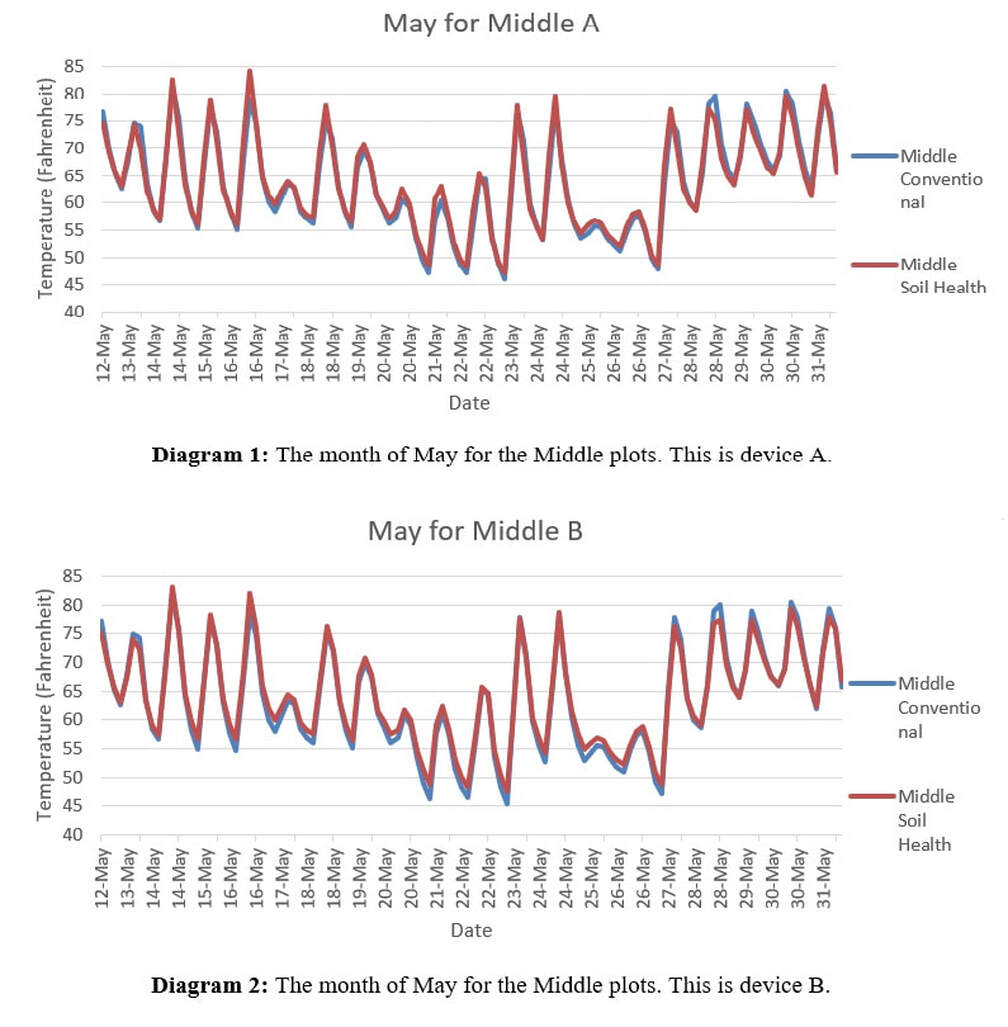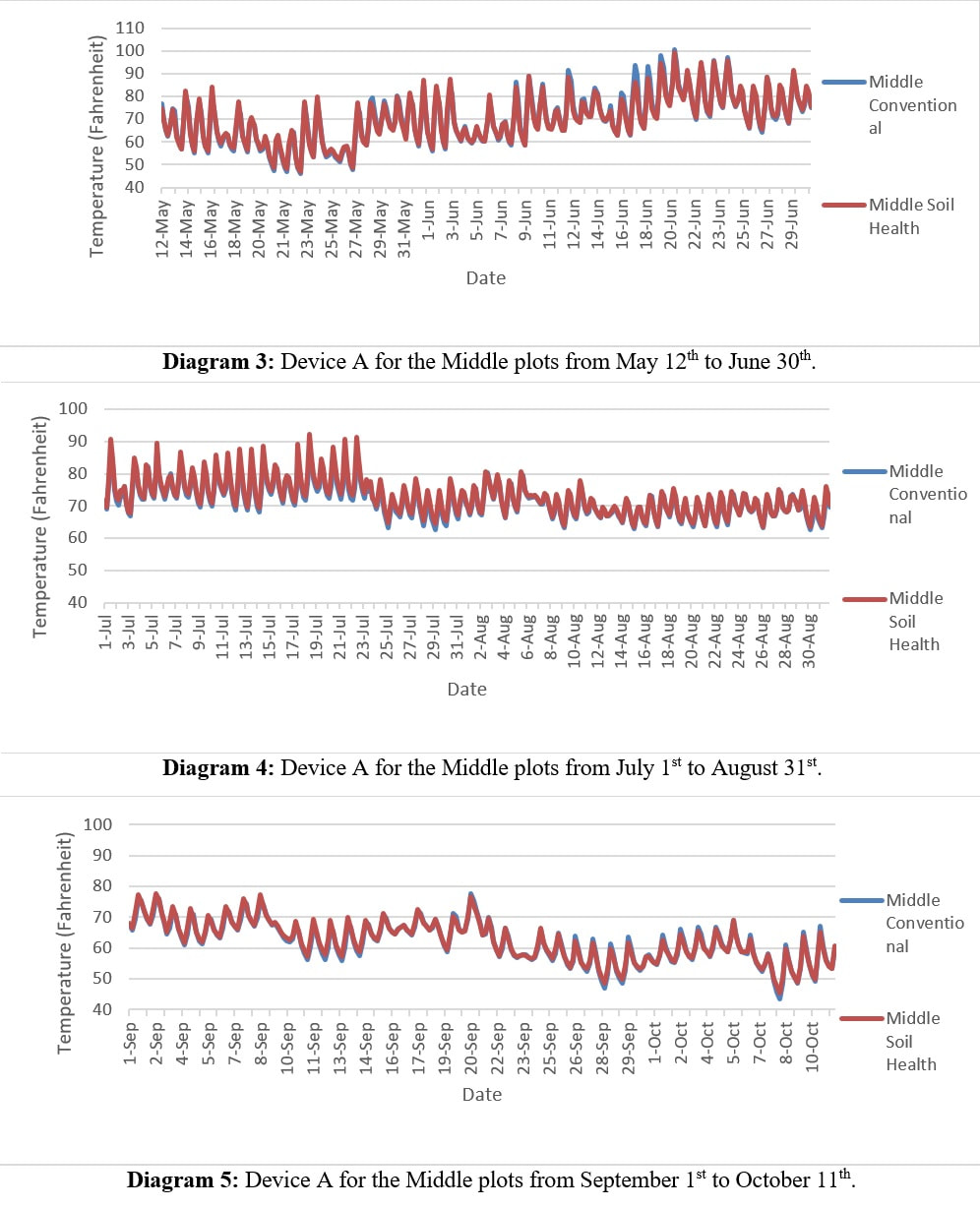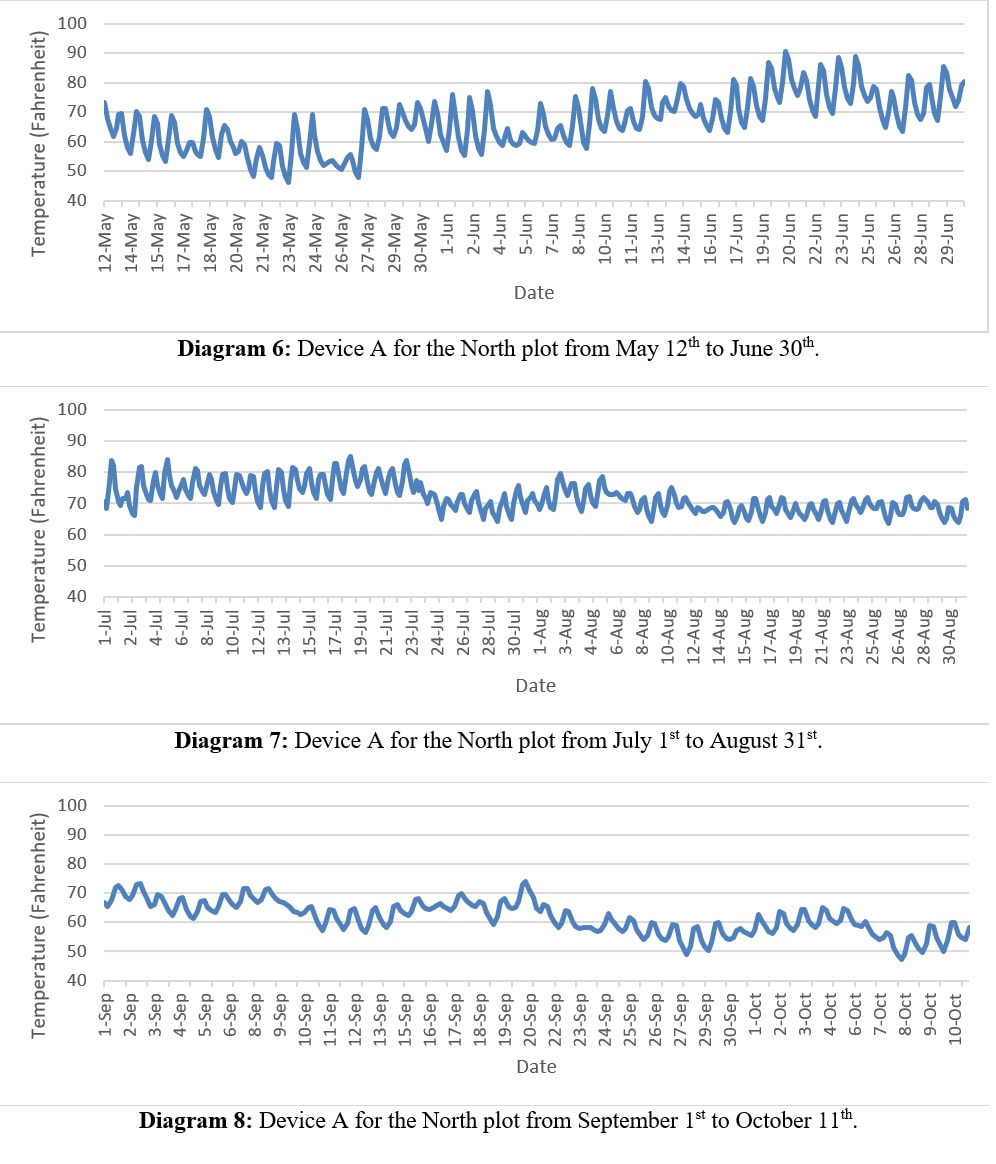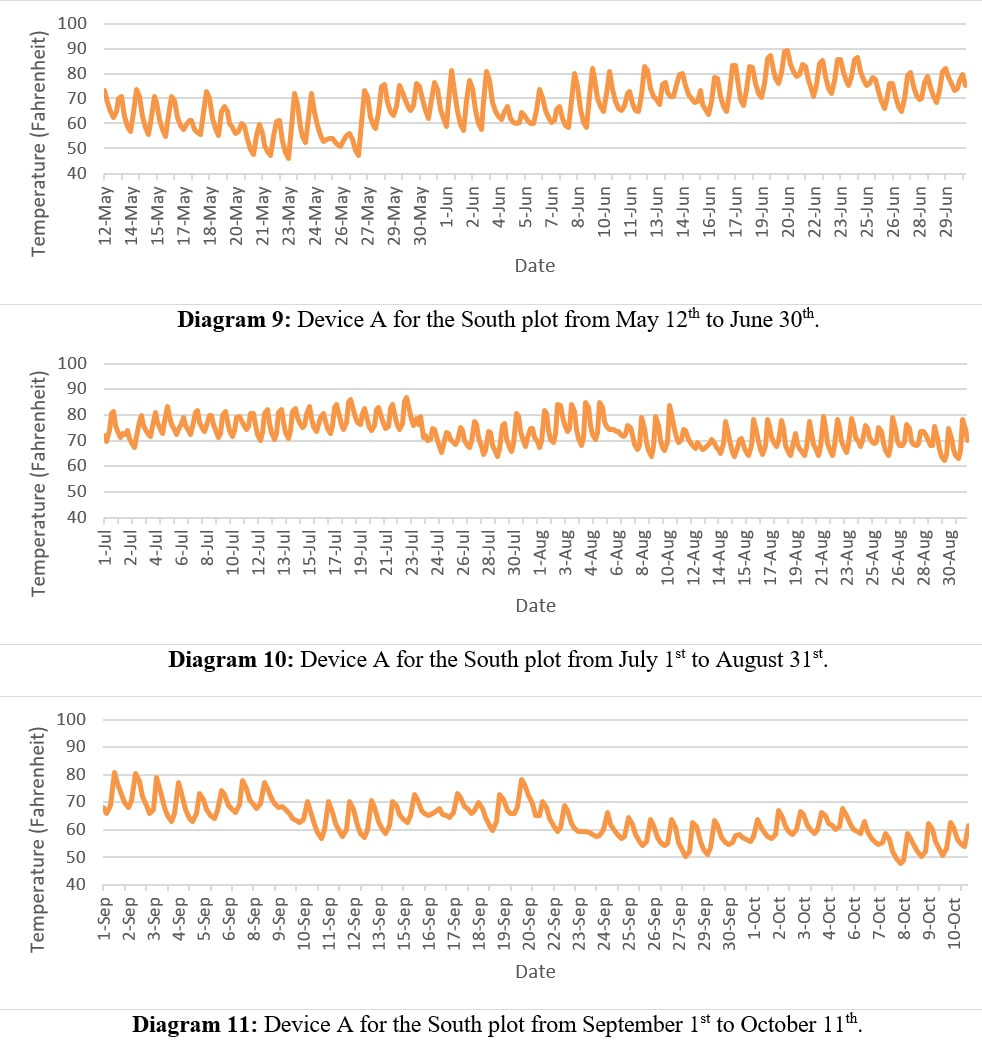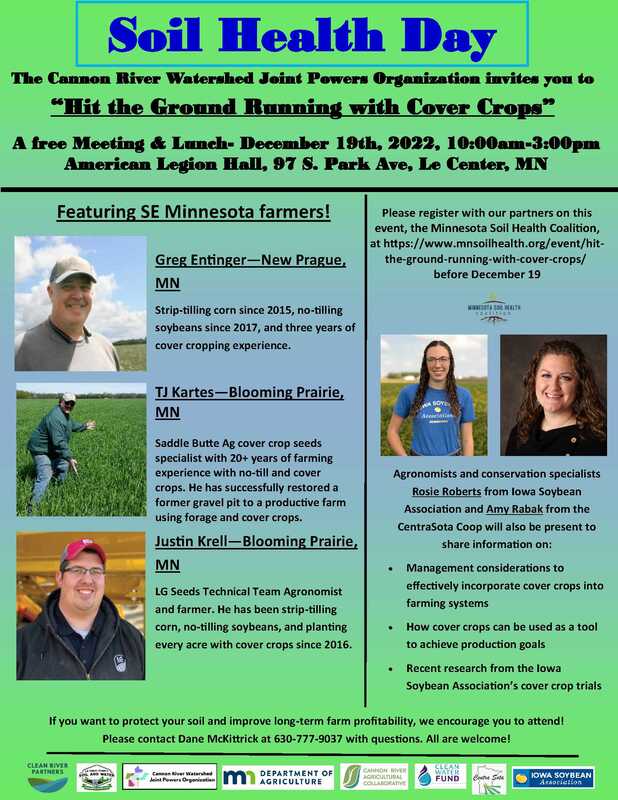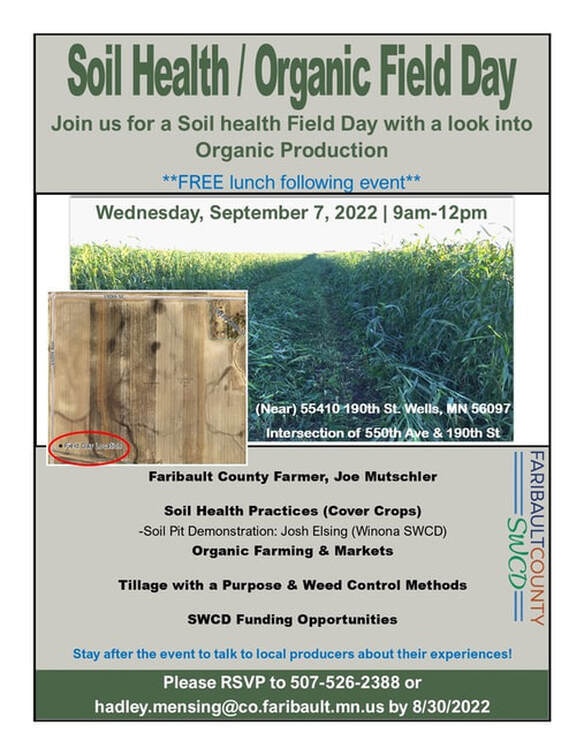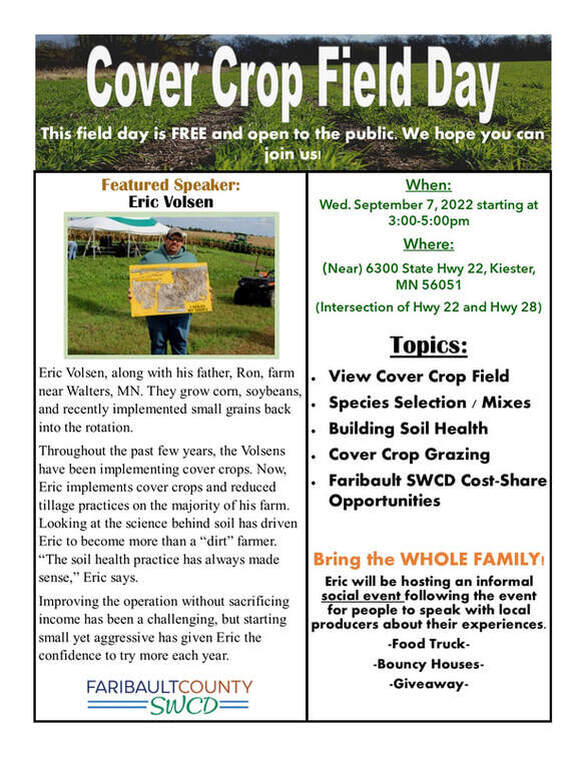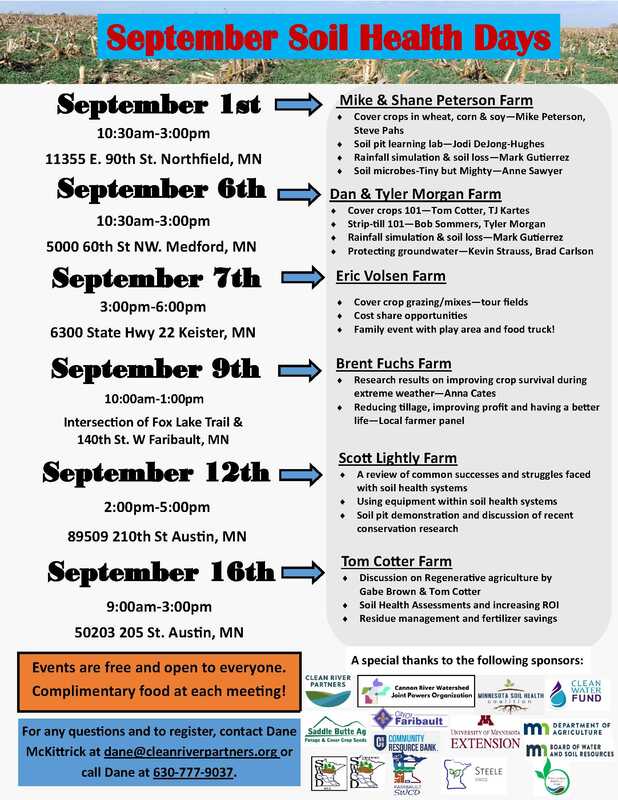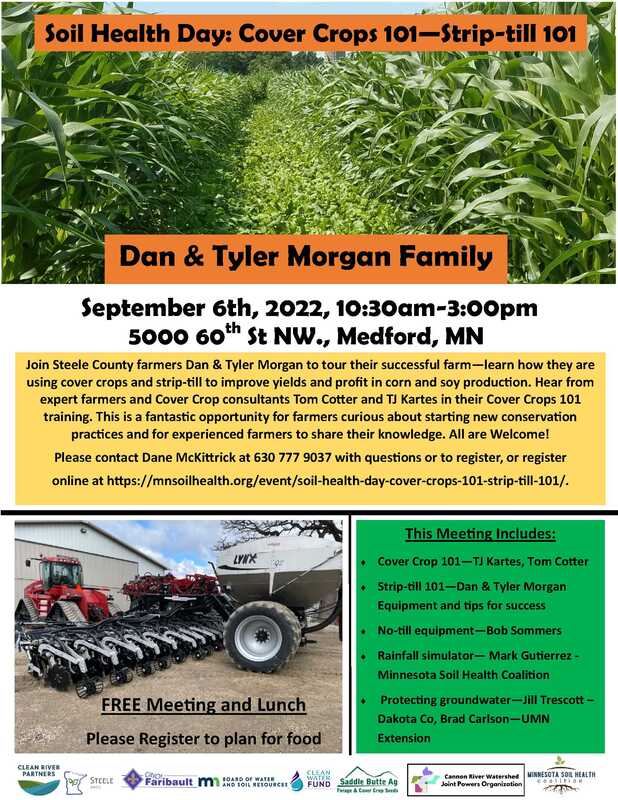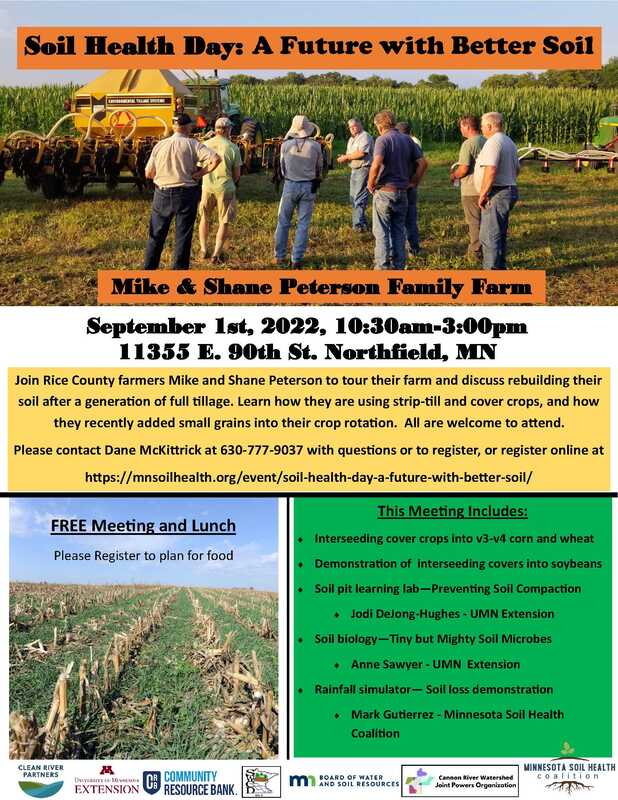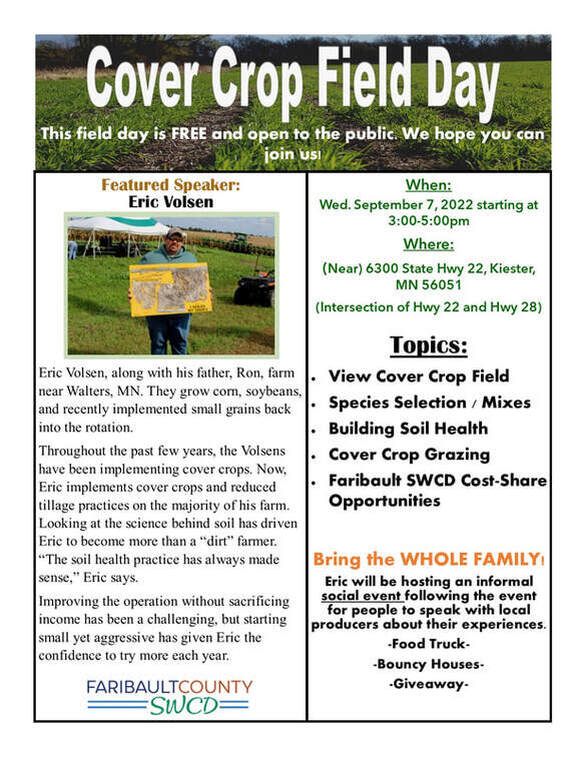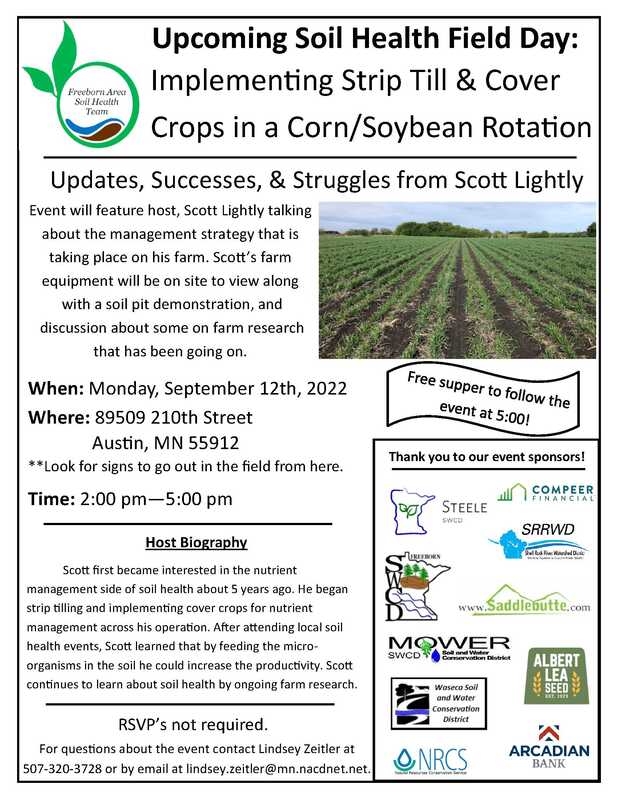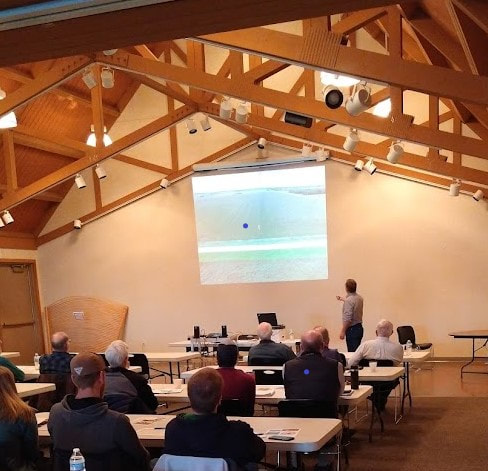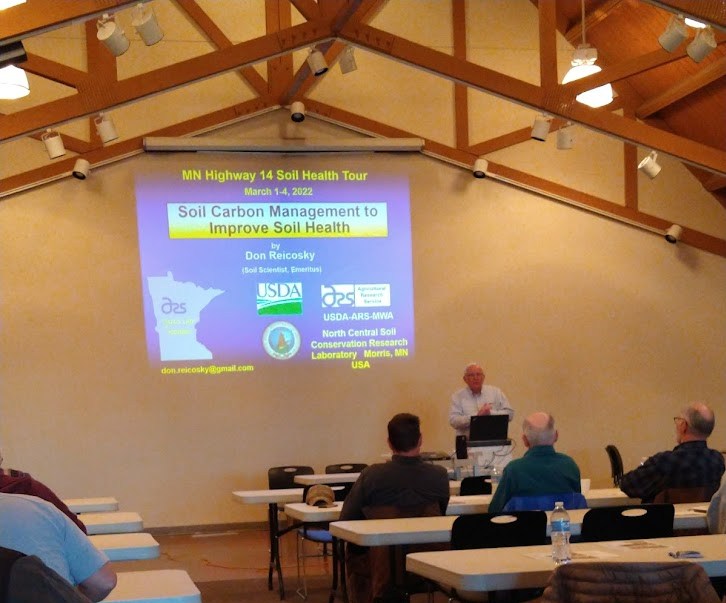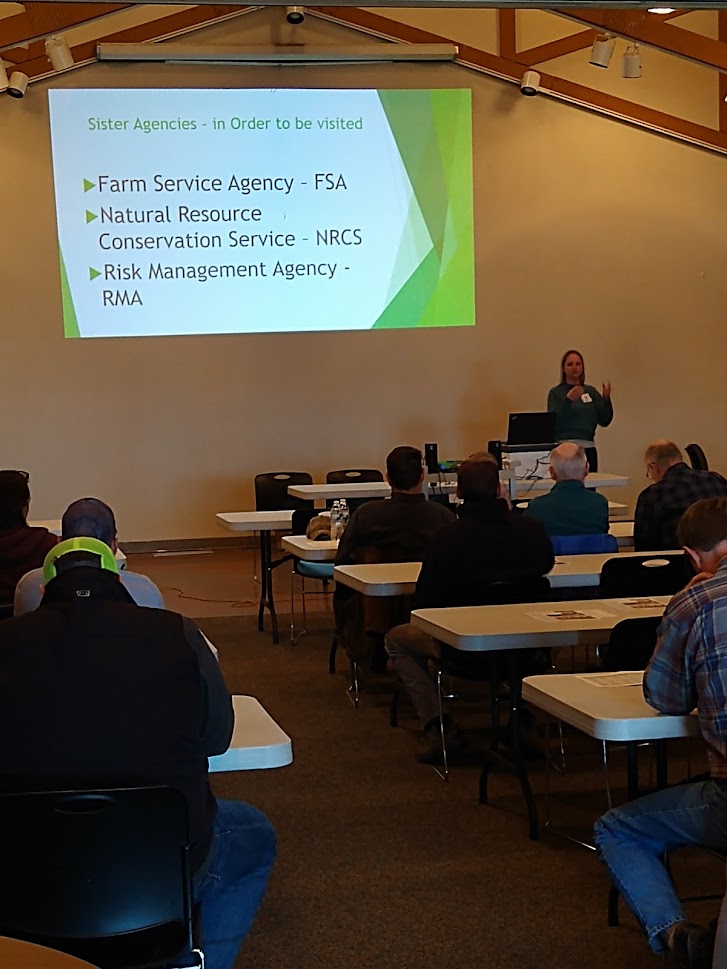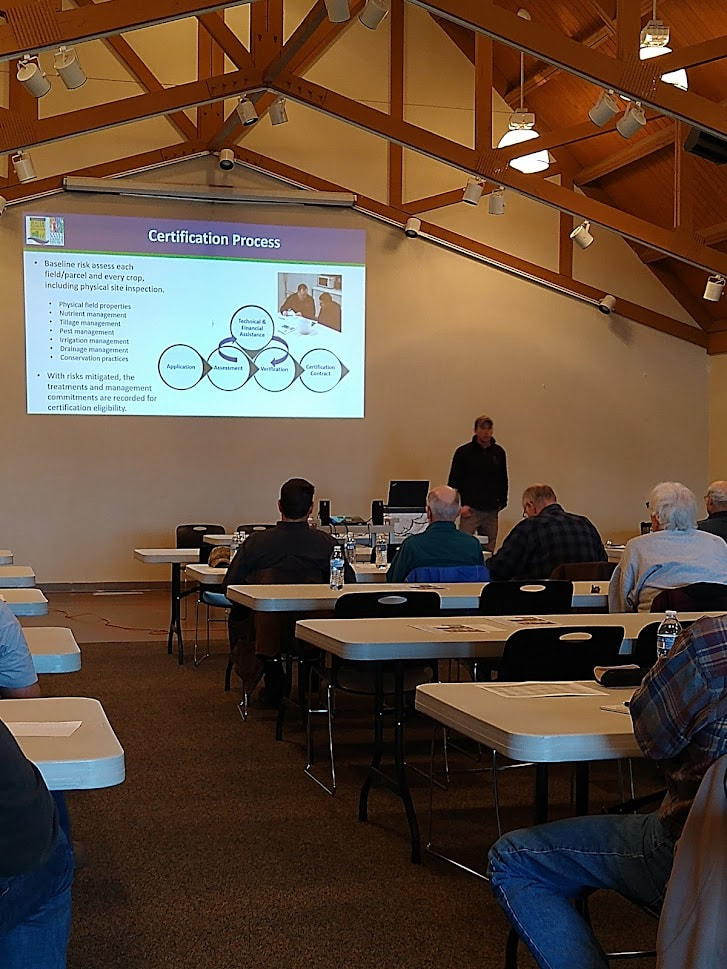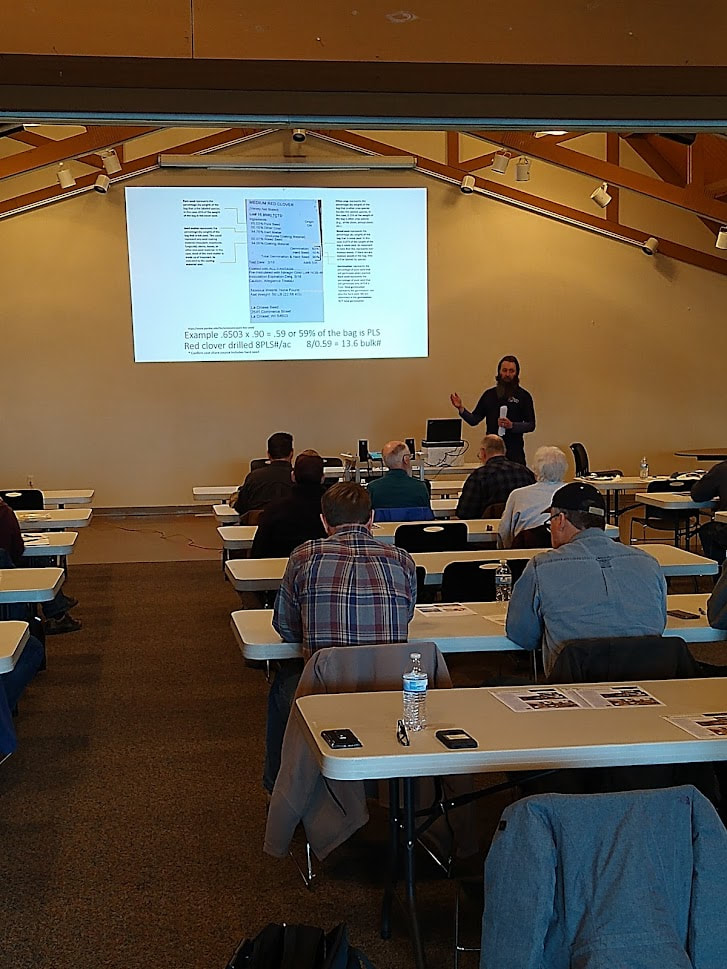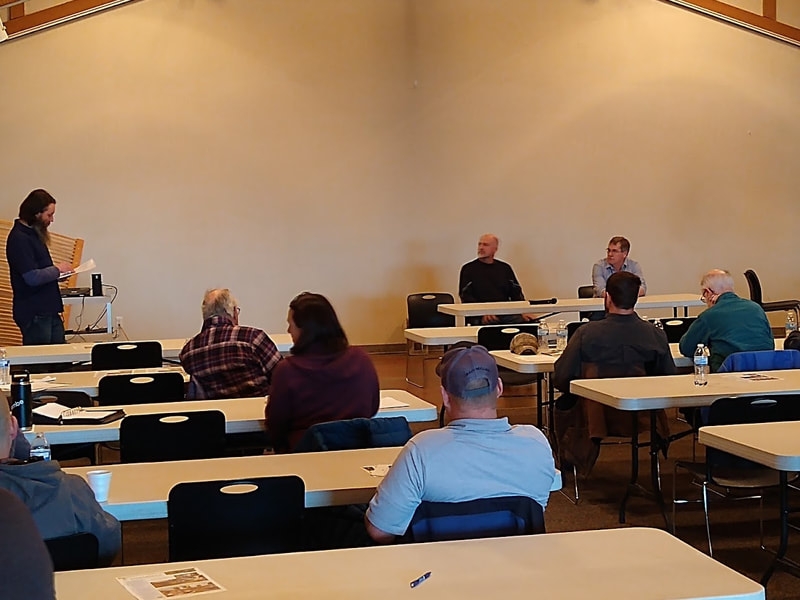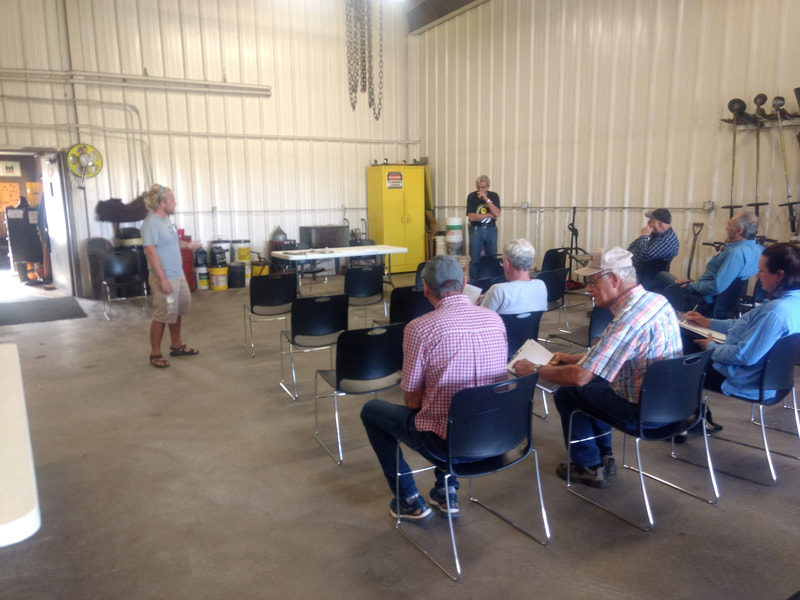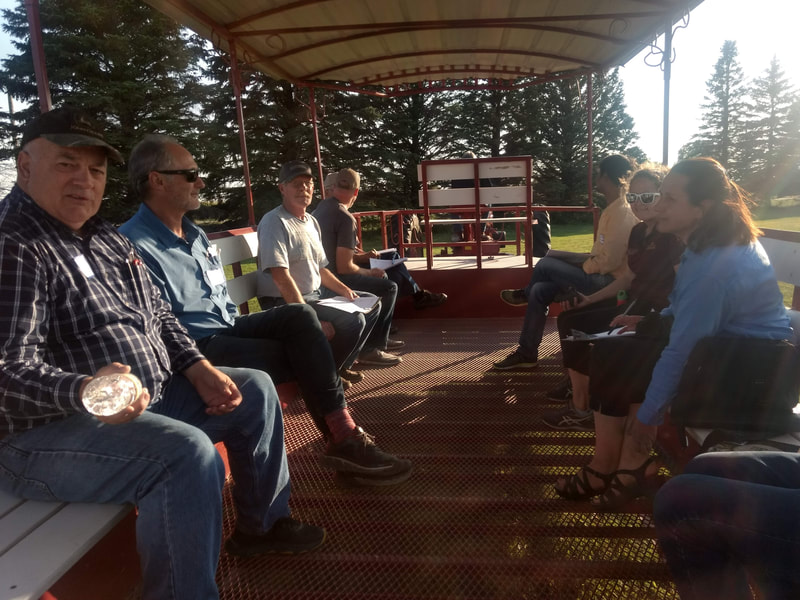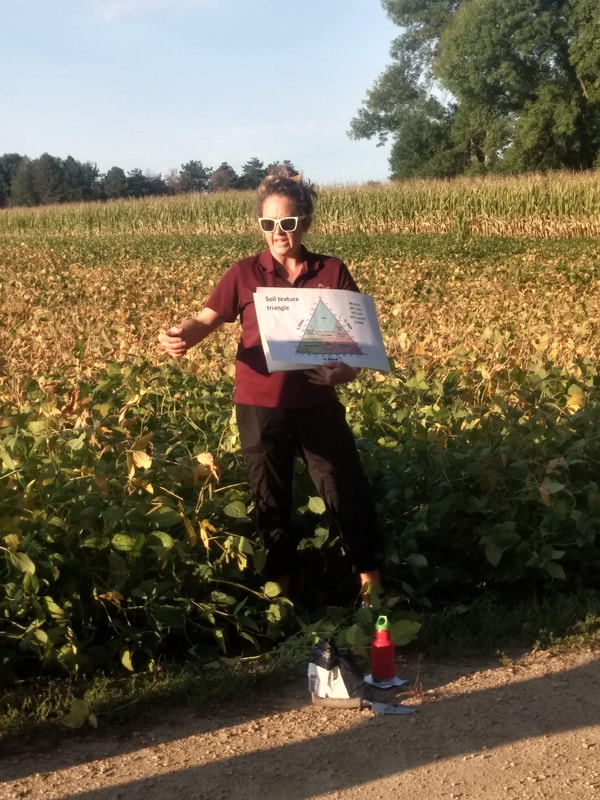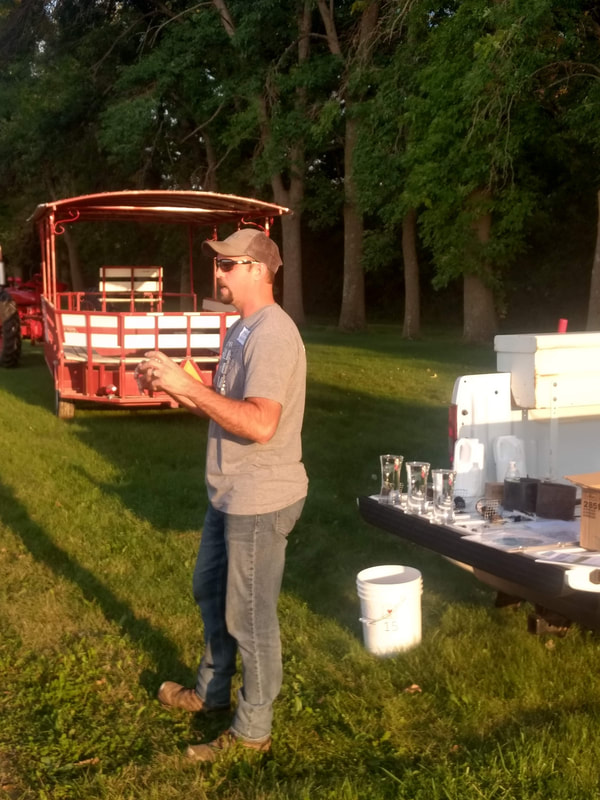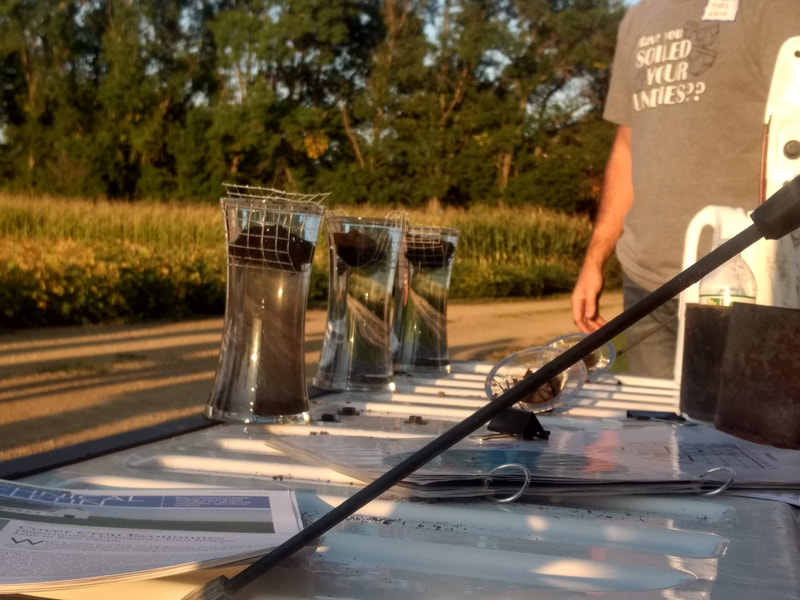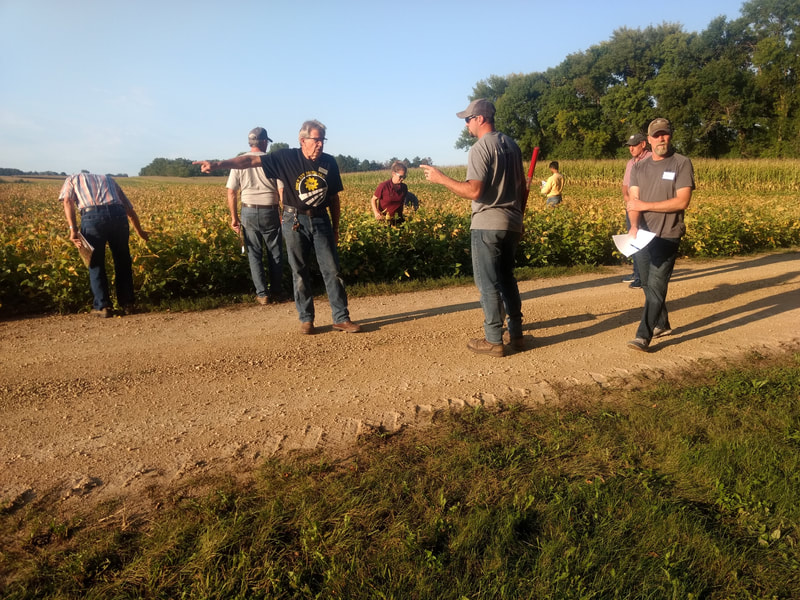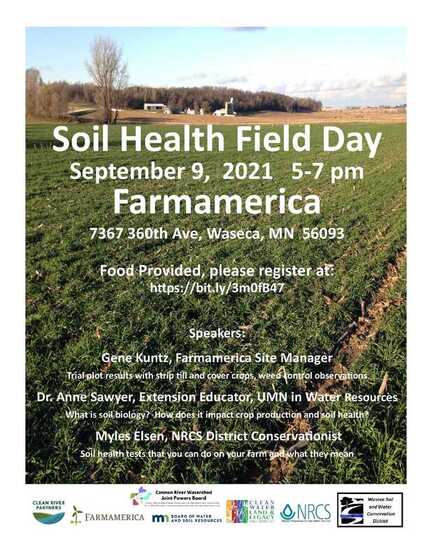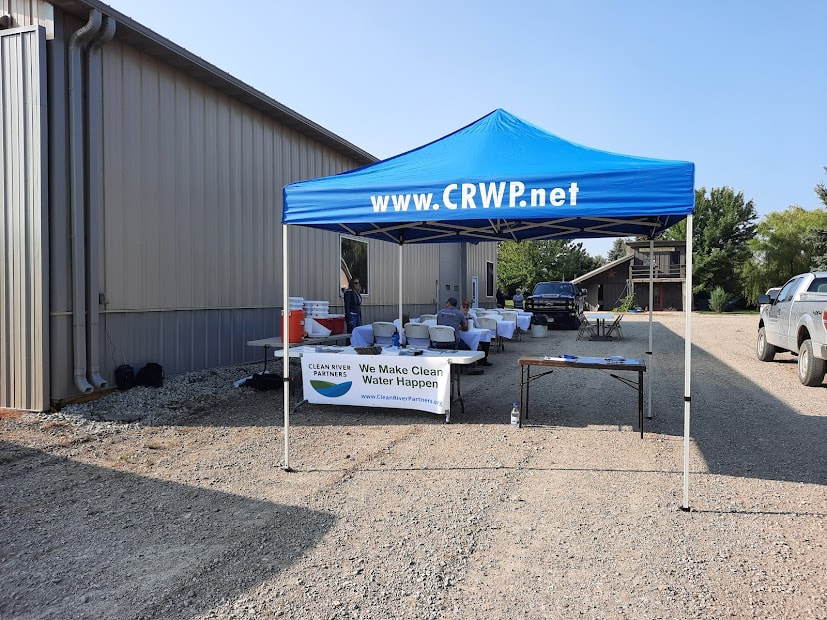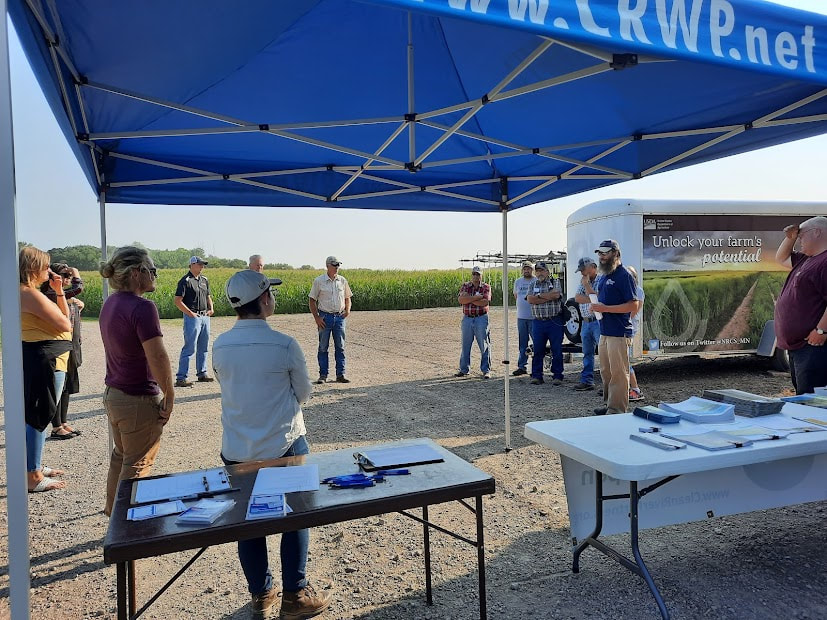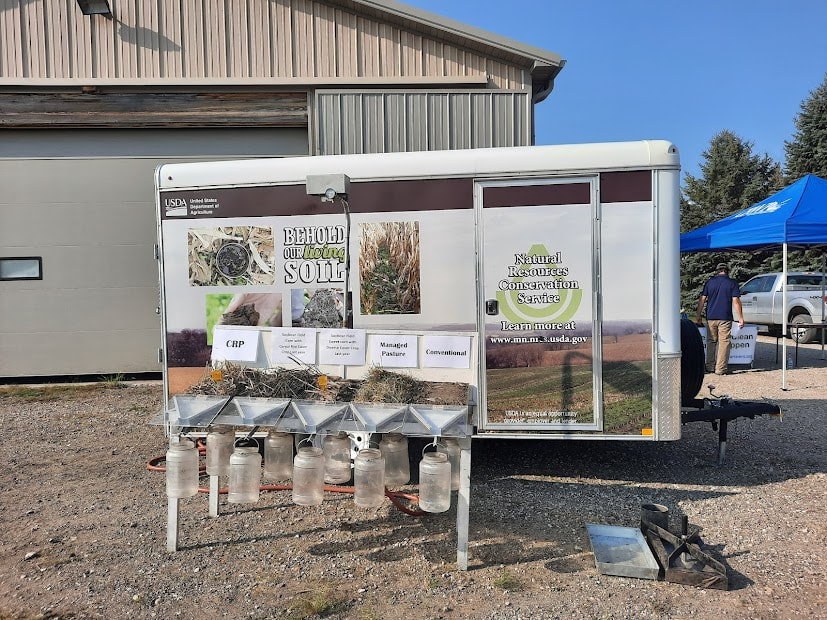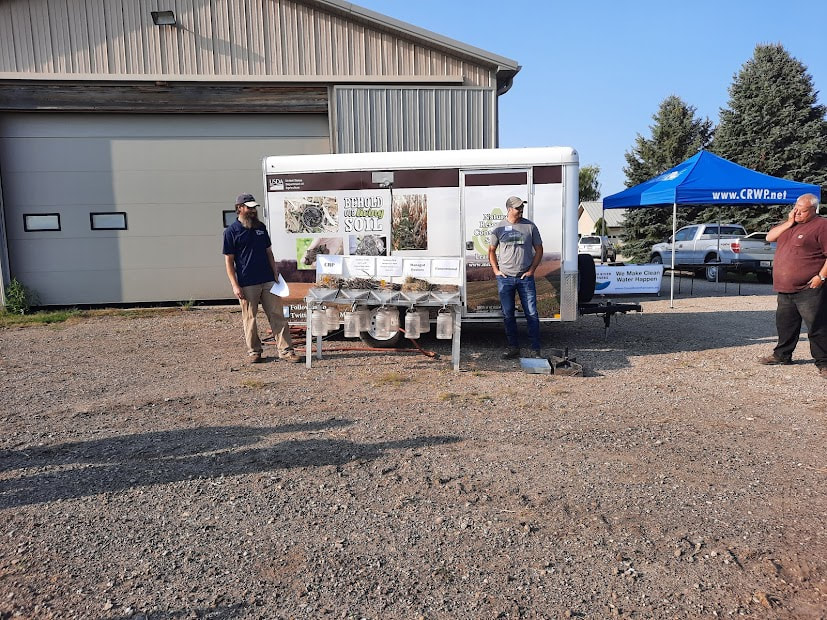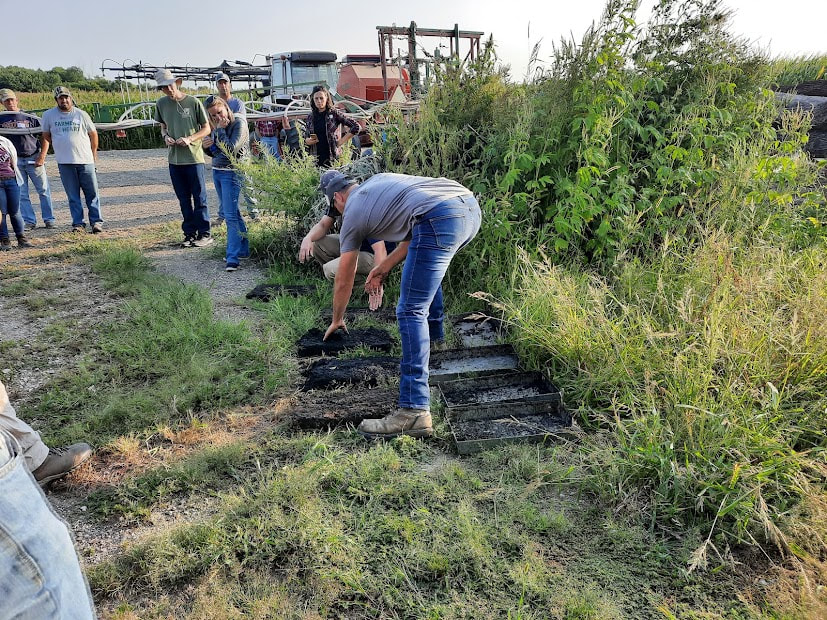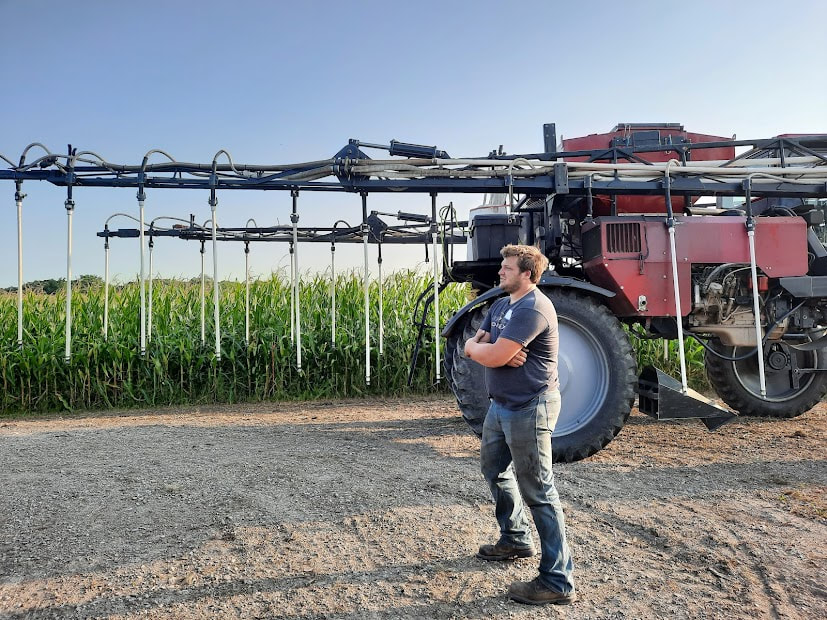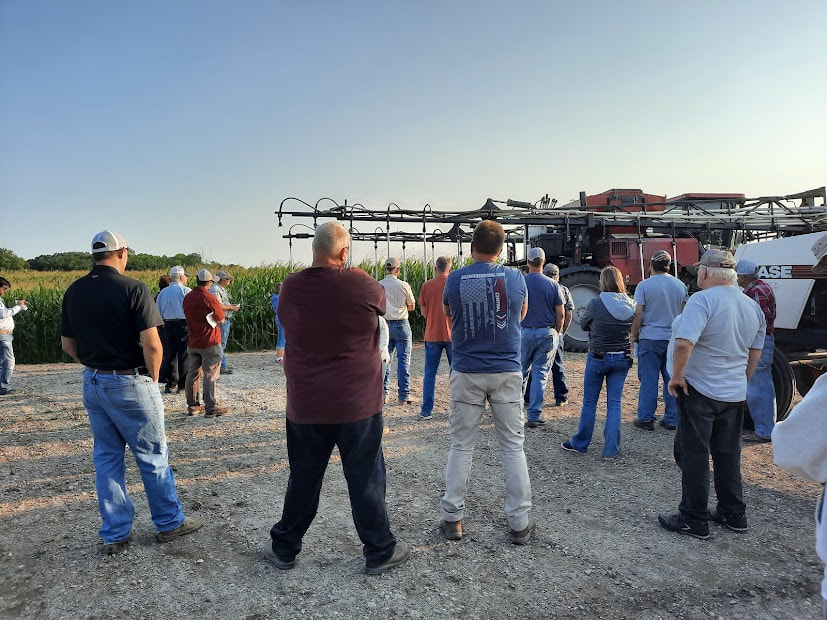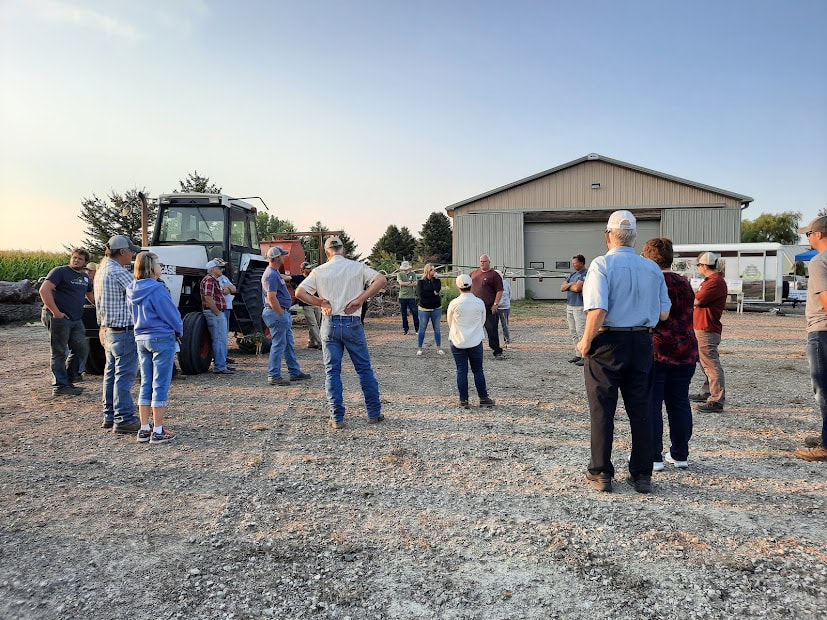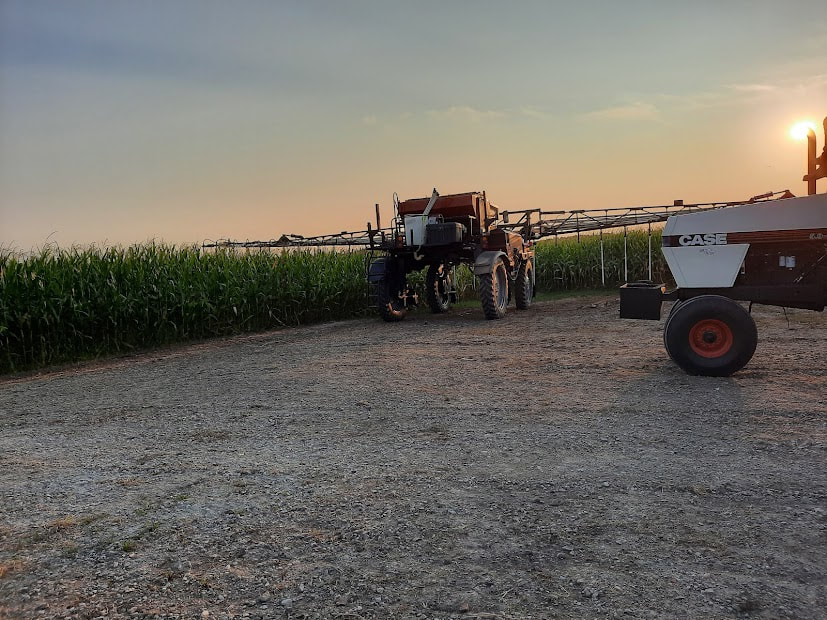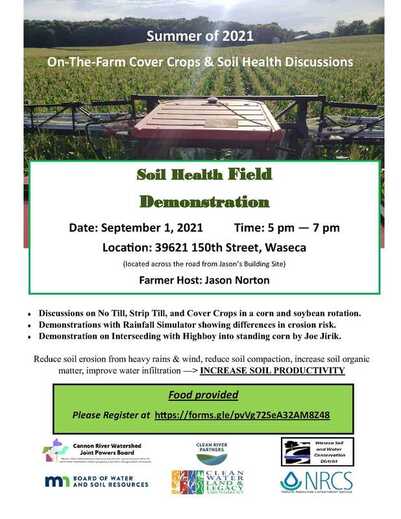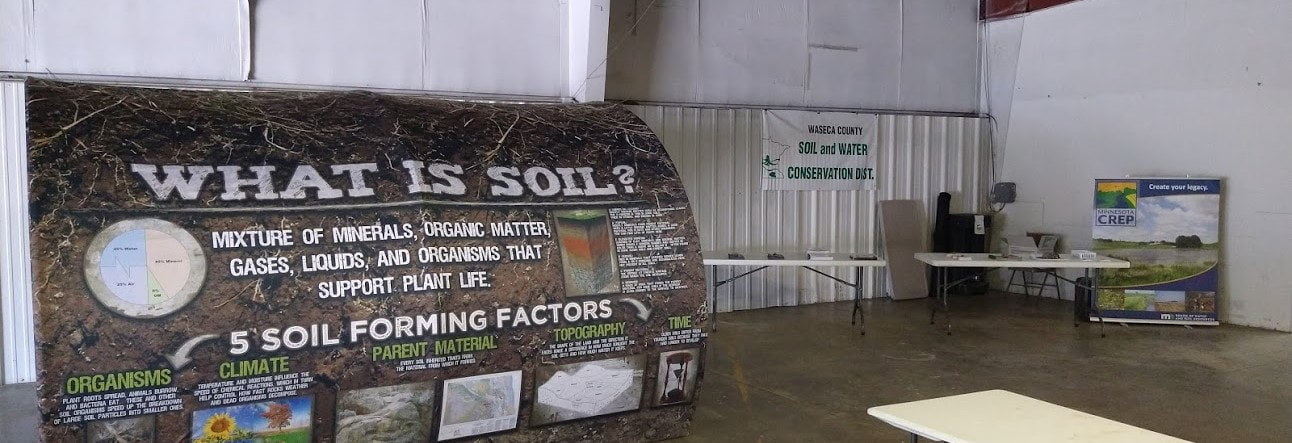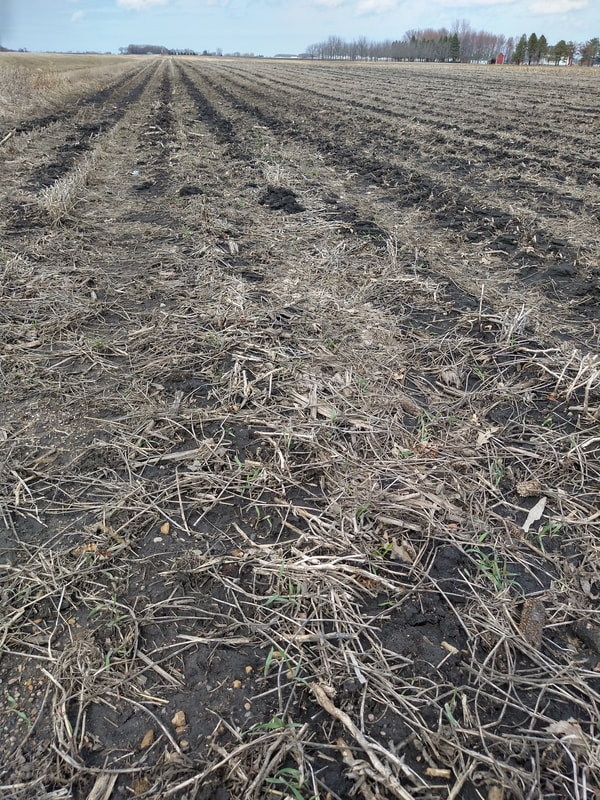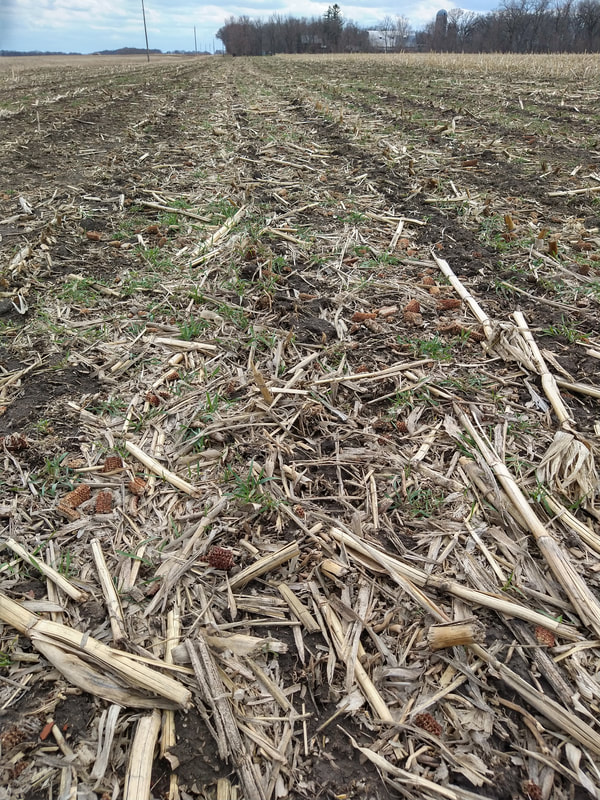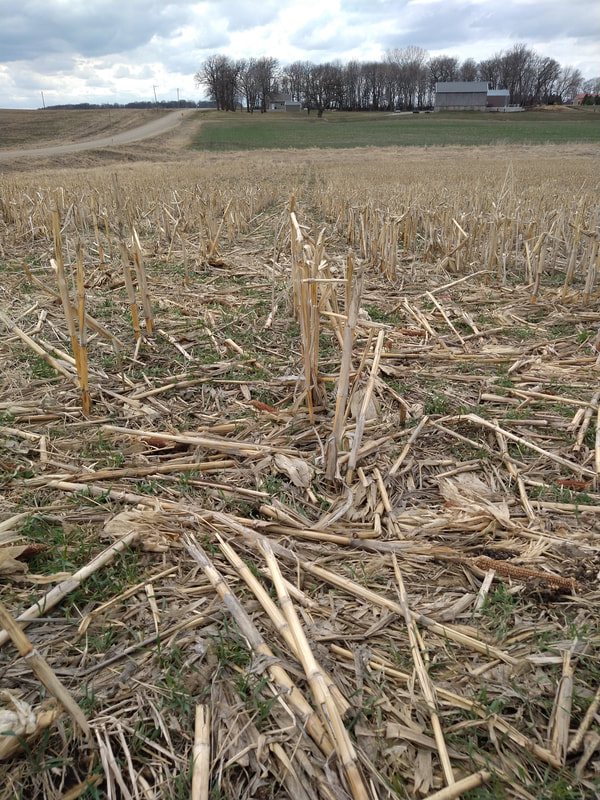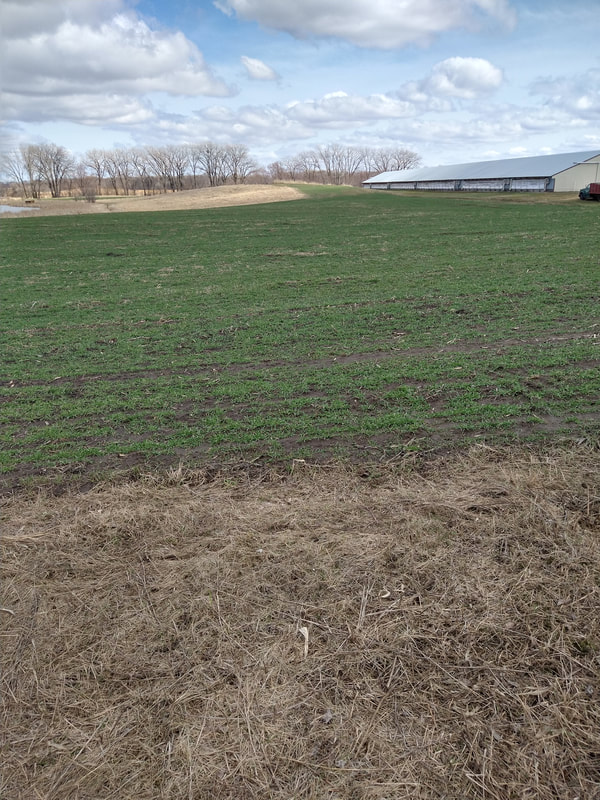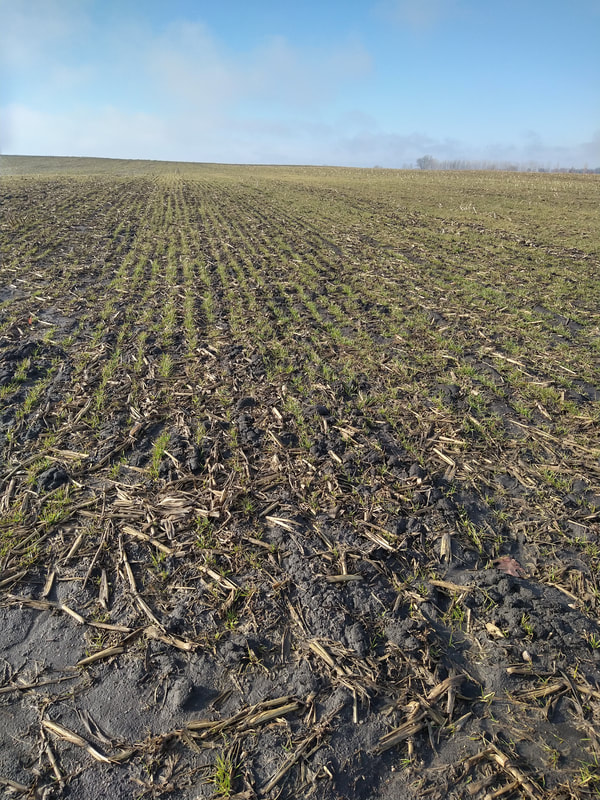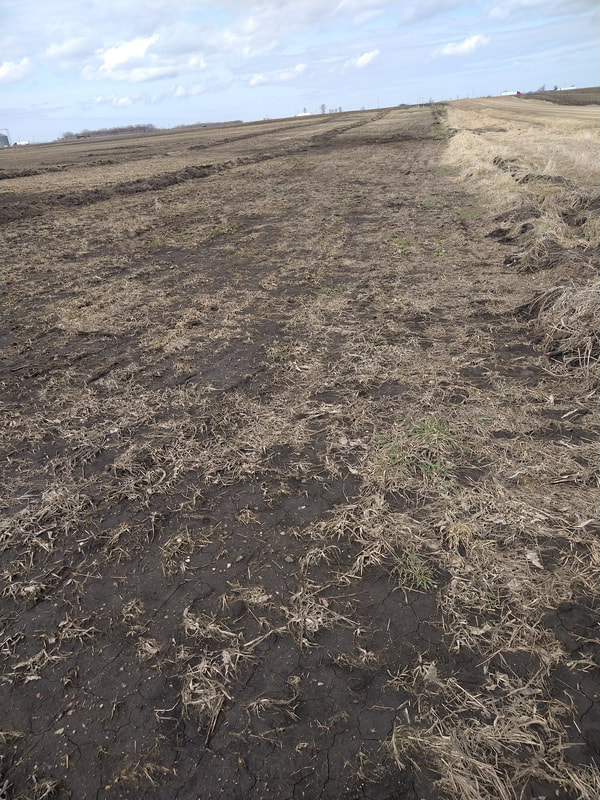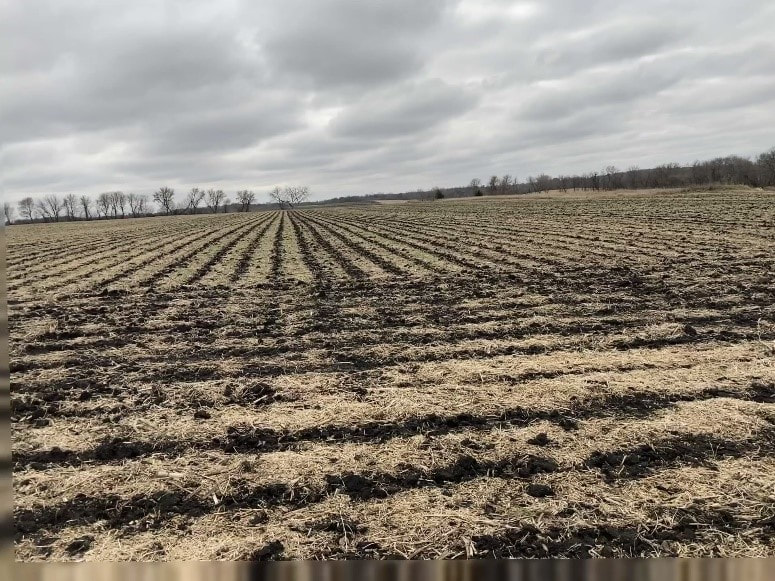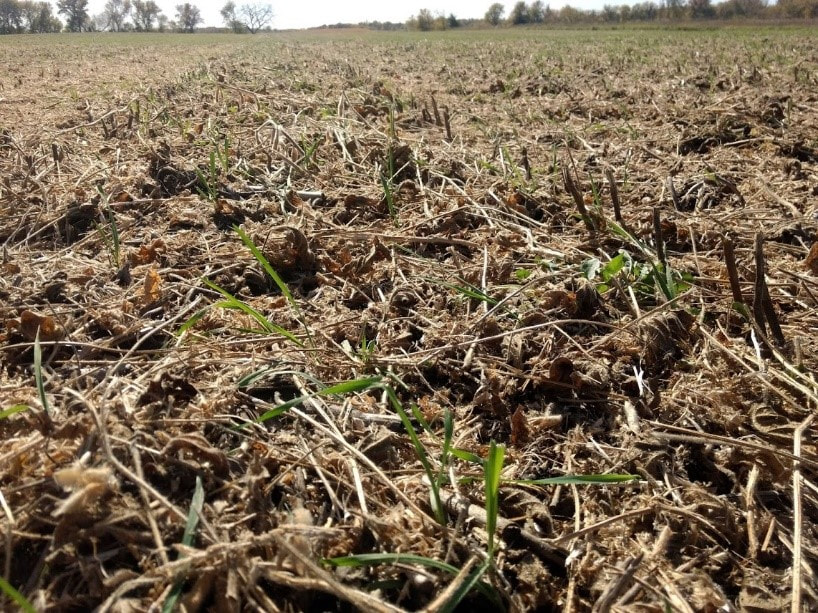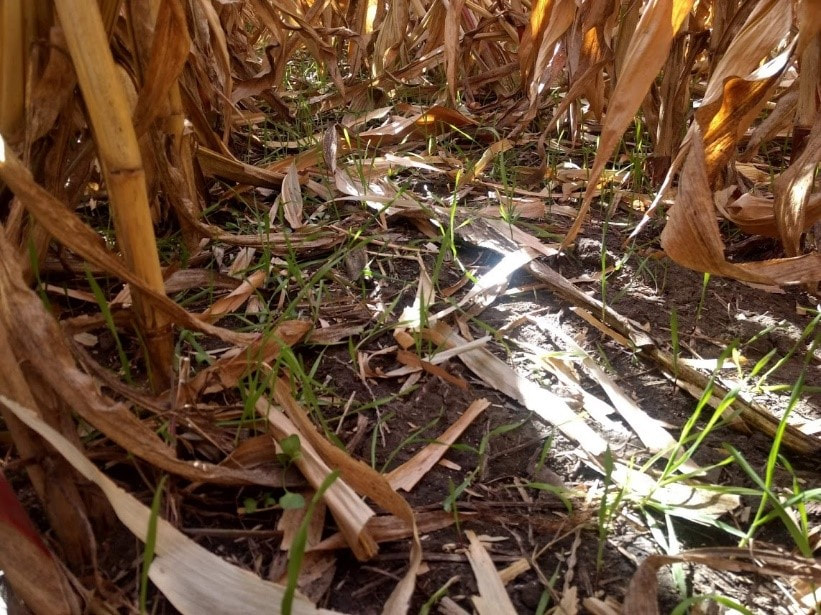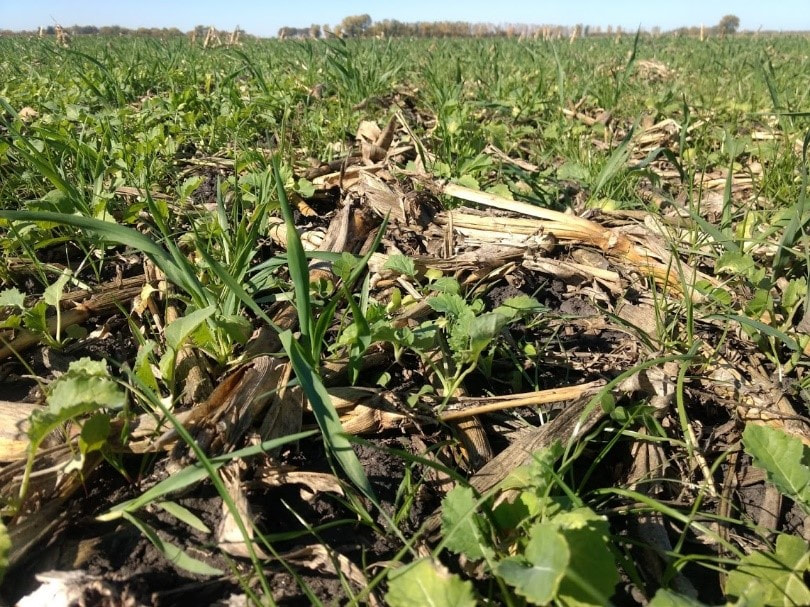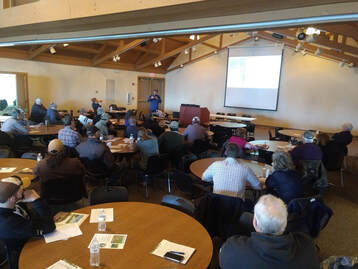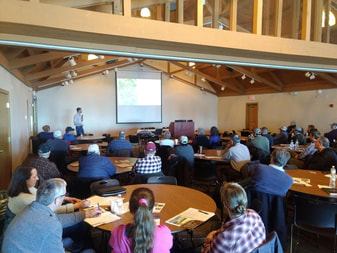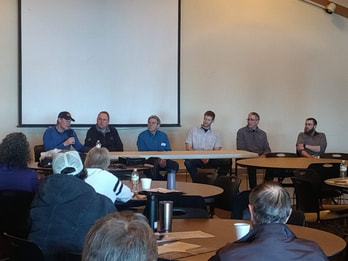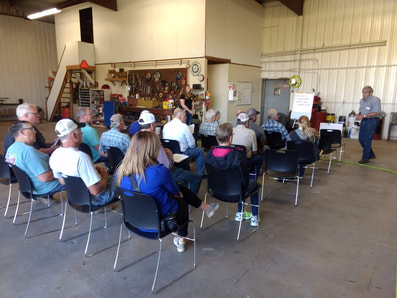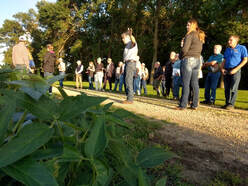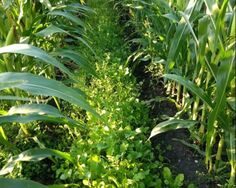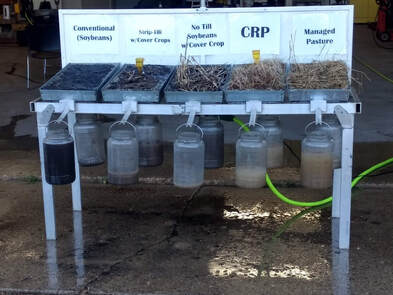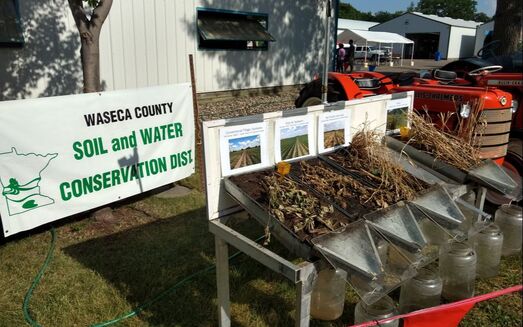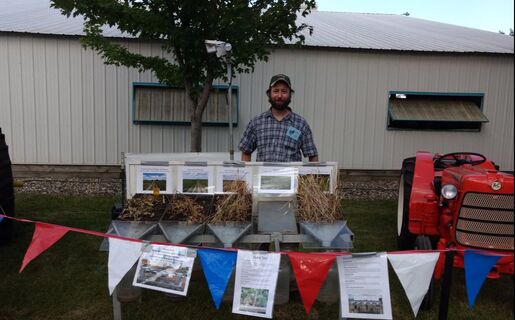Soil Health Tours and Information
Waseca SWCD is involved in area Soil Health Events.
If you have any questions or information on the events, speakers or demonstrators, please give us a call at
507-835-0603.
If you have any questions or information on the events, speakers or demonstrators, please give us a call at
507-835-0603.
Contact Mark Schaetzke, Waseca SWCD for information on Free Cover Crop Seed Program at 507-835-0623 or [email protected]
March 26, 2024 9:30 am - 2:30 pm Getting Paid for Low Carbon Farming, Eagle Club, Owatonna, MN 55060 Register at https://www.mnsoilhealth.org/event/getting-paid-for-low-carbon-farming/
March 26, 2024 9:30 am - 2:30 pm Getting Paid for Low Carbon Farming, Eagle Club, Owatonna, MN 55060 Register at https://www.mnsoilhealth.org/event/getting-paid-for-low-carbon-farming/
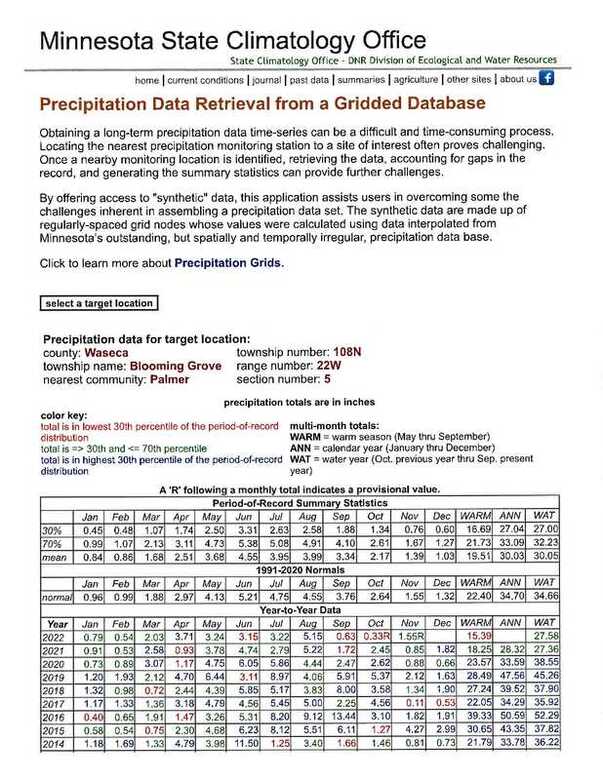 Participation Chart for Soil Health Project Area 2021-2022
Participation Chart for Soil Health Project Area 2021-2022
Minnesota Office of Soil Health Presentation by Lee Nachreiner, NRCS Soil Conservationist, Waseca
click on link above to see all data collected
Waseca County Locations-Blooming Grove Township
Plots within 1 mile of each other
Below are the temperature differences per tillage/per plot recorded in 2022.
Precipitation Chart added for additional information.
Temperature data over the month of May comparing a conventionally tilled plot versus a no-tilled plot. The conventional plot was tilled with a chisel plow/digger and then a field cultivator and planted to field corn. The no-till plot had field corn no-tilled into the strip-till furrows from the previous year and had 3-14-14 liquid starter fertilizer applied.
Temperature data from May 12th to October 11th comparing the middle conventionally tilled plot versus the middle no-tilled plot. The conventional plot was tilled with a chisel plow/digger and then a field cultivator and planted to field corn. The no-till plot had field corn no-tilled into the strip-till furrows from the previous year and had 3-14-14 liquid starter fertilizer applied. Winter cereal rye cover crop was terminated with glyphosate. Early cover crop mix of turnips, red clover, and kale was applied and then winter cereal rye applied from a hi-boy later in the year.
Temperature data from May 12th to October 11th of the north no-tilled plot. The north plot had soybeans no-tilled into standing corn stalks and growing winter cereal rye. The rye was terminated when the soybeans were around 3 inches tall with glyphosate. Rye was then rolled down once dry with a DMI rolling crumbler basket. At leaf drop, turnips, kale, cabbage, and winter cereal rye are broadcast.
Temperature data from May 12th to October 11th of the south no-tilled plot. The south plot had soybeans no-tilled into standing corn stalks and growing winter cereal rye. The rye was terminated when the soybeans were around 3 inches tall with glyphosate. Rye was then rolled down once dry with a DMI rolling crumbler basket. At leaf drop, turnips, kale, cabbage, and winter cereal rye are broadcast.
Materials/Information on Soil Health Practices:
University of MN: MOSH - Minnesota Office for Soil Health (umn.edu)
NRCS: Soil Health | NRCS (usda.gov)
Iowa State Extension & Outreach: Whole Farm Conservation Best Practices Manual publication 2-2020-website: Whole Farm Conservation Best Practices Manual (iastate.edu)
University of MN: MOSH - Minnesota Office for Soil Health (umn.edu)
NRCS: Soil Health | NRCS (usda.gov)
Iowa State Extension & Outreach: Whole Farm Conservation Best Practices Manual publication 2-2020-website: Whole Farm Conservation Best Practices Manual (iastate.edu)
2022
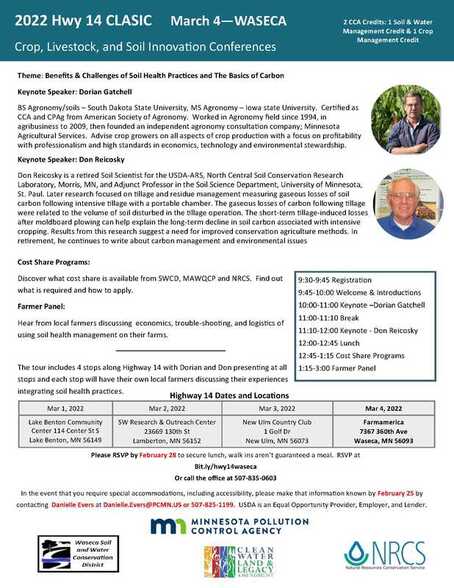
The 2022 Hwy 14 CLASIC
held March 4 at Farmamerica
The CLASIC had approximately 45 participants. Presentations from Dorian Gatchell and
Don Reicosky were very informational. The Farmer Panel included their experiences on implementing soil health practices.
Topics included:
Focuses on Crop Production
Economic Standards
Technology
Environmental Stewardship
Carbon Management
Cover Crop Programs
Cost Share Programs available from SWCD, MAWQCP, NRCS
Trouble Shooting Soil Health Management
Logistics of using soil health management on local farmers farms
For more information on topics covered or information on Cover Crop Programs that could be a benefit to you, please contact us at 507-835-0603. We are here to help you in all your conservation needs.
2021
The Soil Health Field Day was held at Farmamerica on September 9.
There were landowners from near and far that attended the event. Speakers and topics that were covered are as follows:
Gene Kuntz, Farmamerica Site Manager-Trail plot results that included weed control observations.
Dr. Anne Sawyer, Extension Educator, UMN in Water Resources-The impact that soil biology has on crop production and soil health.
Myles Elsen, NRCS District Conservationist-Soil Health tests and what they mean.
There were landowners from near and far that attended the event. Speakers and topics that were covered are as follows:
Gene Kuntz, Farmamerica Site Manager-Trail plot results that included weed control observations.
Dr. Anne Sawyer, Extension Educator, UMN in Water Resources-The impact that soil biology has on crop production and soil health.
Myles Elsen, NRCS District Conservationist-Soil Health tests and what they mean.
The On-The-Farm Cover Crops & Soil Health Participants enjoyed a beautiful Minnesota evening, while discussing and watching demonstrations on Soil Health topics.
Demonstrations included:
Rainfall Simulator-Miles Elsen, NRCS District Conservationist & Mark Schaetzke, Waseca SWCD District Manager
Interseeding with a Highboy into standing Corn-Joe Jirik, Owner/Operator-Soil Health Solutions
Demonstrations included:
Rainfall Simulator-Miles Elsen, NRCS District Conservationist & Mark Schaetzke, Waseca SWCD District Manager
Interseeding with a Highboy into standing Corn-Joe Jirik, Owner/Operator-Soil Health Solutions
A number of fair goers explores the Soil Health Tunnel and picked up information on Soil Health and other informational items at the 2021 Waseca County Fair. Contact us if you have any questions or comments.
The Self Guided Soil Health Tour Signs and informational materials have all been picked up.
If you would like more information, please contact the office at 507-835-0603.
If you would like more information, please contact the office at 507-835-0603.
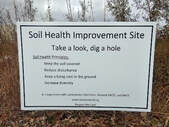
Beginning April 1, 2021 running until July 2021 We have put together several locations where the landowners have graciously allowed access to their fields for soil health education. These are the same locations as last fall. Check out the soil differences after spring planting and throughout the early growing season. Pick a day that fits your schedule and when the weather suits you. Tour will remain open until crop canopy stage. This may differ per location. Visit one or visit all. An informational page will be provided at each location. Look for these signs. You can expect to see sweet corn, pea, soybean, and corn fields; a variety of cover crop mixes; and a variety of conservation tillage practices. Things to consider bringing with you: Camera Shovel/trowel to examine soil structure and rooting Tape Measure Cover Crop ID Book Thermometer We want to know if this was valuable to you. Please take a few minutes to fill out a survey at: https://www.surveymonkey.com/r/26C7MW3 This will help us in planning more of these Tours. |
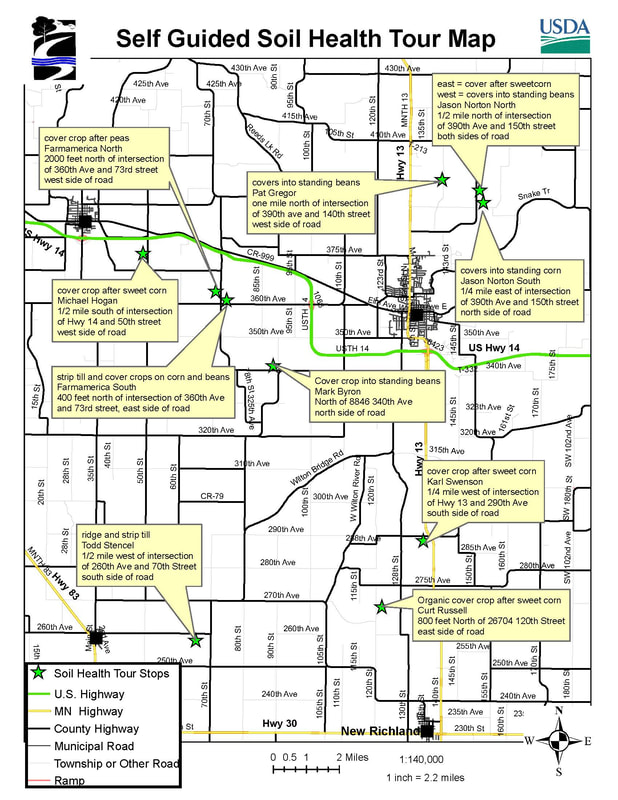
Enjoy the tour! |
Above is a sample of the sites in the Spring 2021.
A very special Thank You to the Landowners that have taken the time to share their experiences with Cover Crops and Tillage Practices.
Below is a sample of what you may have seen at the sites in the Fall 2020.
A very special Thank You to the Landowners that have taken the time to share their experiences with Cover Crops and Tillage Practices.
Below is a sample of what you may have seen at the sites in the Fall 2020.
Minnesota Soil Health Coalition has a vast group of YouTube videos on Soil Health. Click on the website below to explore some of the Soil Health Topics.
https://www.youtube.com/channel/UCLrQWne5XA_wjtsWefazpvg/videos
https://www.youtube.com/channel/UCLrQWne5XA_wjtsWefazpvg/videos
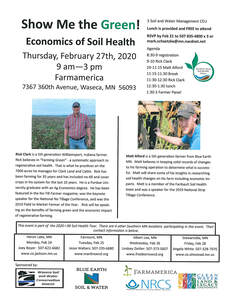
I-90 Soil Health Tour February 27, 2020
Rick Clark, from Indiana and Matt Alford, from Blue Earth, described the many benefits of Great Soil Health.
Rick explained how by applying no till practices and planting cover crops have decreased his input costs and increased yields over the past years.
Matt also explained that he has been testing his fields regularly. He keeps solid records of all steps in the farming process. The time of day, temperature, moisture, type of seed, are all factors in decisions made everyday to his crops.
Both speakers were very helpful in answering many questions from the attendees.
The last part of the agenda involved a Farmer panel discussion. This brought up many fine points, both pros and cons on why soil health is so important to the future of farming.
Rick Clark, from Indiana and Matt Alford, from Blue Earth, described the many benefits of Great Soil Health.
Rick explained how by applying no till practices and planting cover crops have decreased his input costs and increased yields over the past years.
Matt also explained that he has been testing his fields regularly. He keeps solid records of all steps in the farming process. The time of day, temperature, moisture, type of seed, are all factors in decisions made everyday to his crops.
Both speakers were very helpful in answering many questions from the attendees.
The last part of the agenda involved a Farmer panel discussion. This brought up many fine points, both pros and cons on why soil health is so important to the future of farming.
Soil Health Research Tour-August 22, 2019 Farmamerica
The tour was led by Gene Kuntz of Farmamerica, discussing the importance of Soil Health. He also showed the plots they have at Farmamerica and explained how putting in the cover cover crops of radish, cereal rye and kale were improving soil health.
NRCS Soil Scientist Dan Nath and Area 7 Soil Health Technician Dean Thomas, both from Rochester, demonstrated the Rainfall Simulator and effects of 1 inch and 2 inch rainfalls on soil filtration abilities on 5 different types of field soil structures.
CRWP Conservation Program Manager Alan Kraus explained what the Cannon River Watershed Partnership is doing to promote Soil Health.
The tour was led by Gene Kuntz of Farmamerica, discussing the importance of Soil Health. He also showed the plots they have at Farmamerica and explained how putting in the cover cover crops of radish, cereal rye and kale were improving soil health.
NRCS Soil Scientist Dan Nath and Area 7 Soil Health Technician Dean Thomas, both from Rochester, demonstrated the Rainfall Simulator and effects of 1 inch and 2 inch rainfalls on soil filtration abilities on 5 different types of field soil structures.
CRWP Conservation Program Manager Alan Kraus explained what the Cannon River Watershed Partnership is doing to promote Soil Health.
Waseca County Fair 2019-Rain Simulator
